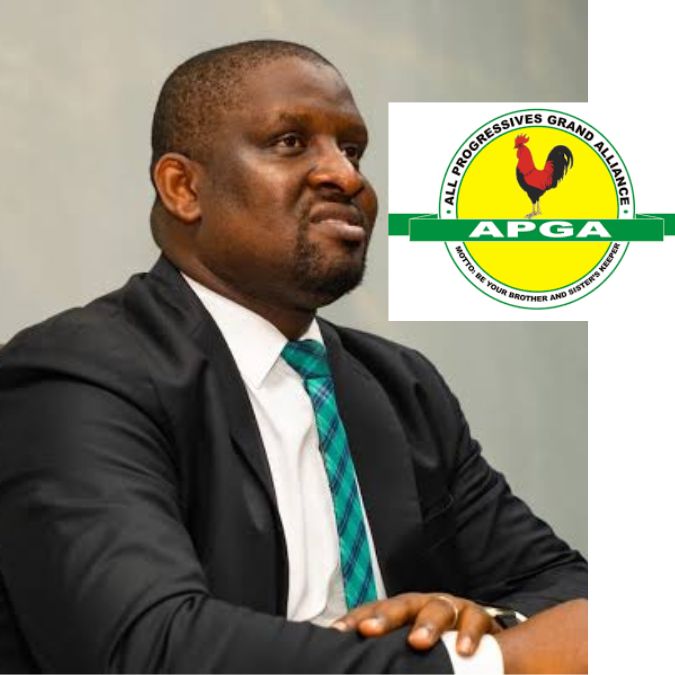Barr. Sly Ezeokenwa, National Chairman of APGA demands Judicial Reforms amidst controversial judgements in a developing country for stronger Nigeria Institutional development – Written by: NDUKA ANYANWU
The All-Progressives Grand Alliance (APGA) has been vocal about
the need for judicial reforms in Nigeria, particularly in light of recent controversial judgments. APGA’s call for reform is timely, as the country’s judicial system faces intense scrutiny over its handling of electoral disputes and perceived political interference.
The Need for Reform
Nigeria’s judicial system has been criticized for its lack of independence, impartiality, and effectiveness. The system’s inability to dispense justice fairly has led to widespread disillusionment
among Nigerians, eroding trust in the electoral process. APGA’s advocacy for reform seeks to address these concerns and strengthen Nigeria’s institutional development.
Key Areas for Reform
Several areas require urgent attention to ensure the integrity of Nigeria’s judicial system:
- Electoral Dispute Resolution: Streamlining the process for resolving electoral disputes to prevent political interference and ensure timely resolution.
- Judicial Independence: Safeguarding the independence of the judiciary to prevent external influences and ensure impartial decision-making.
- Training and Capacity Building: Enhancing the skills and knowledge of judges to handle complex electoral cases effectively.
APGA’s Position
APGA’s leadership has emphasized the importance of judicial reforms in ensuring the country’s democratic progress. The party’s national chairman, Barr. Sly Ezeokenwa, has reiterated APGA’s commitment to promoting electoral integrity and strengthening Nigeria’s institutions.
Way Forward
To achieve meaningful reform in Nigeria’s judicial system, stakeholders must collaborate on three key areas: Developing Robust Electoral Laws, Enhancing Judicial
Accountability, and Promoting Transparency.
Developing Robust Electoral Laws: Strengthening electoral laws is crucial to prevent ambiguity and ensure clarity in the electoral process. This can be achieved by
reviewing and amending existing laws to reflect current democratic principles and best practices. For instance, laws governing electoral disputes should be clear and concise to prevent conflicting interpretations. Additionally, laws should be enacted to regulate campaign finance and promote transparency in political funding.
Enhancing Judicial Accountability: Establishing mechanisms to hold judges accountable for their decisions and actions is vital. This can be achieved through regular training and capacity building for judges, as well as establishing an independent judicial commission to investigate complaints against judges.
Furthermore, judges should be required to declare their assets and interests to prevent conflicts of interest.
Promoting Transparency: Ensuring transparency in the judicial process is essential to build trust among Nigerians. This can be achieved through live streaming of court proceedings, publishing judicial decisions online, and providing regular updates on case progress. Moreover, the judiciary should engage with the public through outreach programs and media interactions to promote awareness and understanding of the judicial process.
Ultimately, meaningful reform requires collaboration among stakeholders, including the government, judiciary, civil society, and the public. By working together, Nigeria can establish a robust and effective judicial system that promotes democracy, justice, and transparency APGA, the emergence of a neo-political party for equity, justice, and fairness – profoundly known with the philosophy of hospitality, love, and acceptance! “– BE YOUR BROTHERS’ KEEPER”




